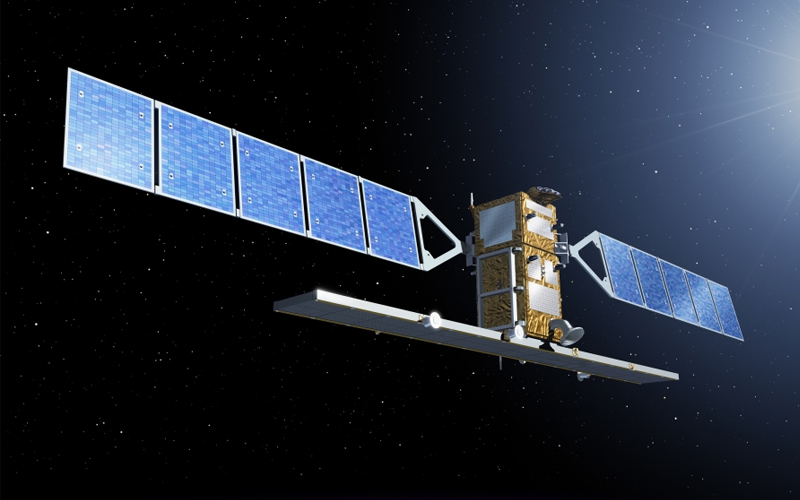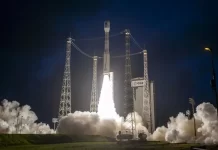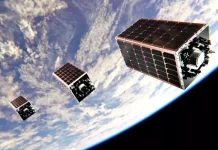
12 Jan Update from ESA Sentinel-1 team: “Strong efforts have been and are still being deployed by the ESA and industry teams to analyse the issue and try to reactivate the satellite operations. Apart from a specific issue related to a power subsystem unit, the satellite is under control, the thermal control is properly working and the regular orbit control maneuvers are routinely performed.”
Before I bore you with maybes and what-ifs, the bottom line is that I have no update on the condition of Sentinel-1B. According to the European Space Agency press office, we may receive updates on Thursday 13 January.
Now, let’s talk about the worst-case scenario.
The Sentinel-1A and 1B satellites were launched aboard Soyuz rockets in 2014 and 2016 respectively. The pair provide publicly assessable data that is used for disaster response and emergency management among other applications.
Currently, the pair operate in tandem to provide that data every six days. If Sentinel-1B were to be forced out of action before a replacement is launched, that revisit period will slip from six days to twelve. This could greatly affect disaster response and emergency management efforts.
A logical solution would, of course, be to launch a third Sentinel-1 satellite to take up the slack. Well, luckily there is not one but two in the works.
The contract to begin construction of Sentinel-1C and 1D, also known as Charlie and Delta, was awarded to Thales Alenia Space and Airbus Defence and Space towards the end of 2015. The pair are near copies of their predecessors with some obsolescent hardware replaced and the addition of a ship detection payload.
Charlie and Delta were expected to be launched towards the end of the design life of Sentinel-1A and 1B to slot in once they were decommissioned. Charlie was meant to take the place of Sentinel-1A, however, if Sentinel-1B is lost, plans will likely evolve.
Currently, both Charlie and Delta are undergoing testing. The launch of Charlie had previously been expected to take place this year, however, the last update confirming that was made in August 2022. It is unclear if a 2022 launch date is still on track.




